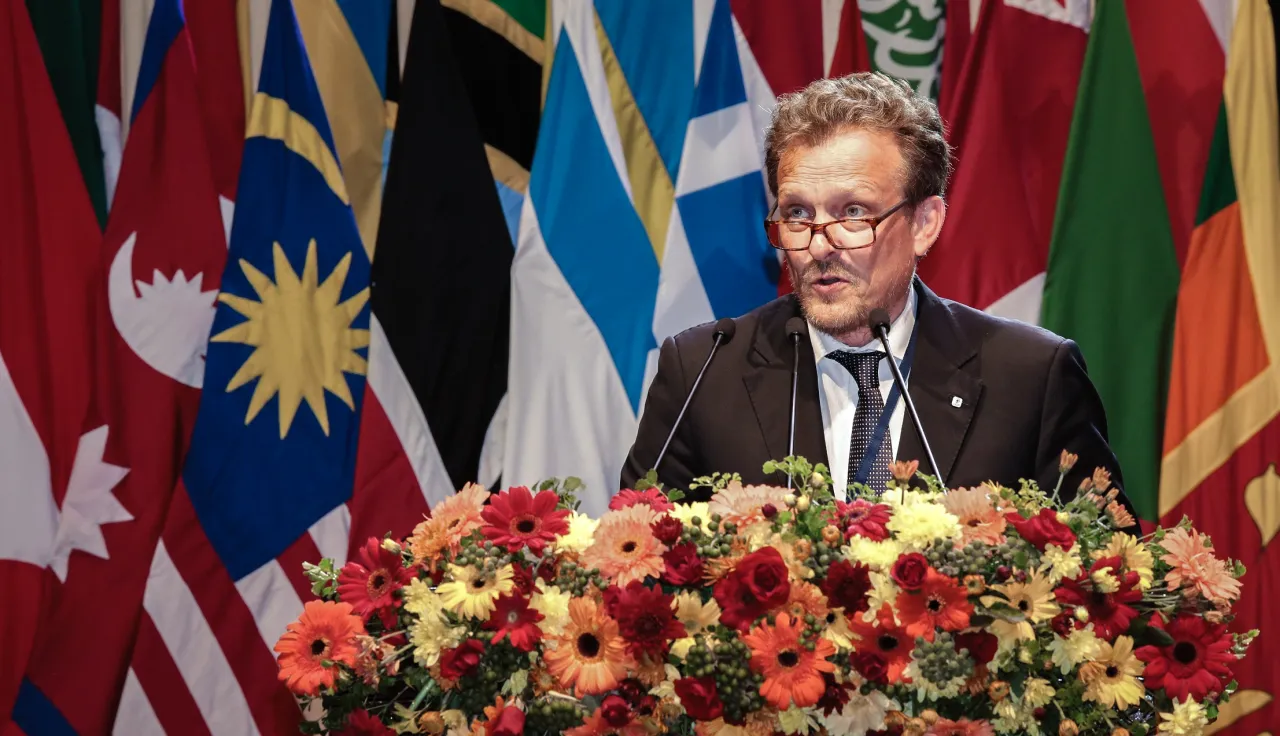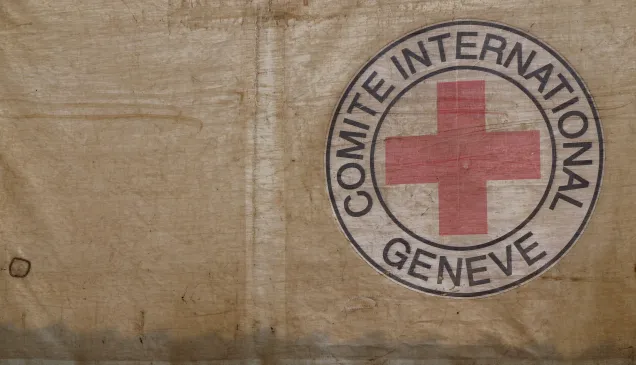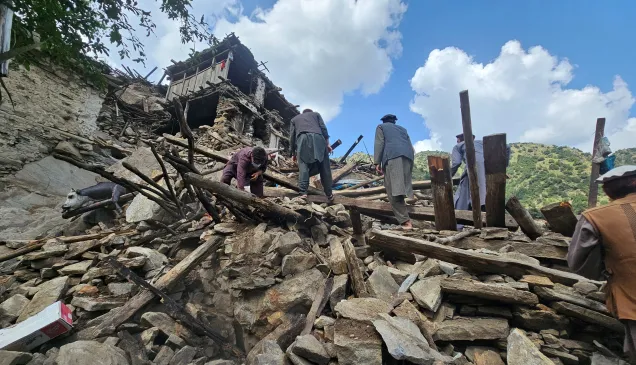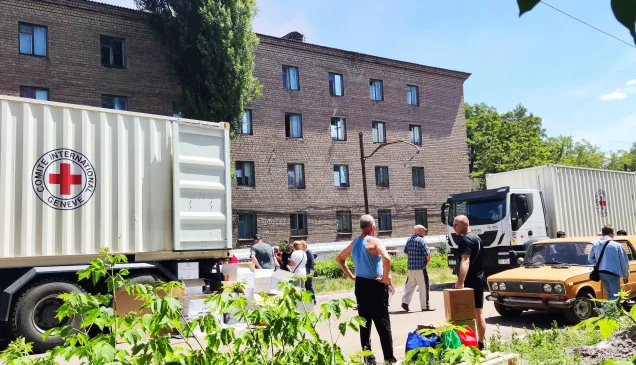Maintaining humanity during armed conflict: Boris Michel at Colombo Defence Seminar

Boris Michel, the ICRC's regional director for Asia and the Pacific, was in Sri Lanka recently for an annual seminar organized by the Ministry of Defence. The high-level seminar was attended by members of the armed and security forces, national authorities, international organizations and the diplomatic community. The theme this year was global trends in countering violent extremism.
During his four-day visit, the ICRC delegation in Sri Lanka caught up with Mr Michel for a brief chat. Read on as he shares his perspectives on the ICRC’s participation in the seminar and Sri Lanka’s positioning in the region.
Q: This being your first visit to Sri Lanka, what are your thoughts on the ICRC’s response to the humanitarian situation in the country?
A: The quality of the support and expertise we provide to address remaining humanitarian needs in Sri Lanka, especially related to families of missing people and on other matters such as improving the welfare of detainees is remarkable. It fits with what the Sri Lankan authorities want because they have the responsibility of responding to such needs. As far as the issue of missing persons is concerned, the authorities have done tremendous work but it’s such a huge area of concern that a lot still needs to be done, including speeding up the appointment of the commissioners to the Office of Missing Persons since it has now been operationalised following the issue of the recent gazette notice. The onus is on the government to communicate publicly about the role and mandate of this office to clear up any doubts they may have. What the ICRC does in Sri Lanka is aligned with our regional and institutional priorities.
Q: How can the ICRC’s work in Sri Lanka contribute to the organization’s dialogue in this region, and even globally?
A: Even though the country is in a post-conflict situation and our humanitarian response reflects this, we also have to take into account the geopolitical situation. New challenges may arise linked to Sri Lanka’s strategic position in the region and the authorities are very interested in the ICRC’s expertise in areas such as international humanitarian law. There are new opportunities for the ICRC to strengthen its dialogue on important areas in Sri Lanka and across Asia-Pacific, for example regarding preventing and countering violent extremism within appropriate legal frameworks. Sri Lanka will be part of our network when we want to develop our policy on Asia-Pacific, and the quality of the dialogue we have there will feed into that process.
Q: What can the ICRC take away from its participation in the seminar?
A: Our participation is indicative of the quality relationship we have developed with the military, in particular the army and navy, and the good work we do with the police. I am proud we were offered the opportunity for our voice to be heard at such a high-profile gathering. The Sri Lankan army is eager to talk and learn about international humanitarian law, so they are better-equipped to face modern-day needs and challenges. As the country becomes more prosperous, setting a good example in relation to humanitarian law is important. We want to support the authorities not only in their response to the existing humanitarian needs but also how international humanitarian law can be teamed with the needs of an evolving geopolitical environment.
Watch Boris Michel's full speech at the Colombo Defence Seminar 2017



